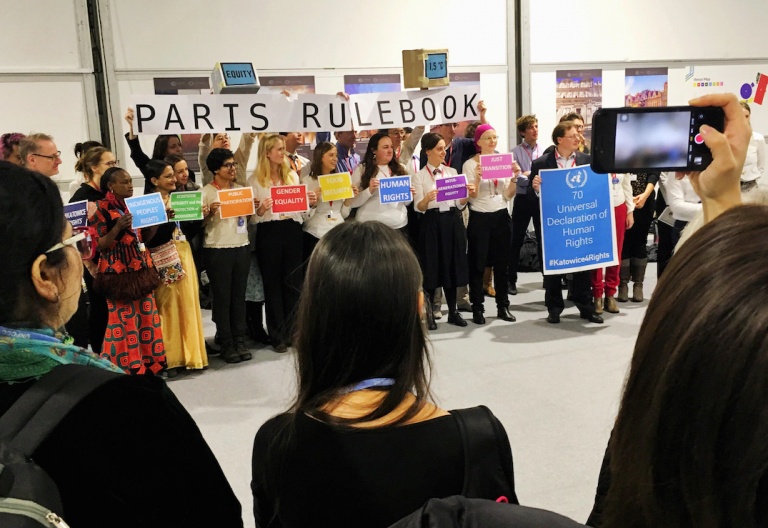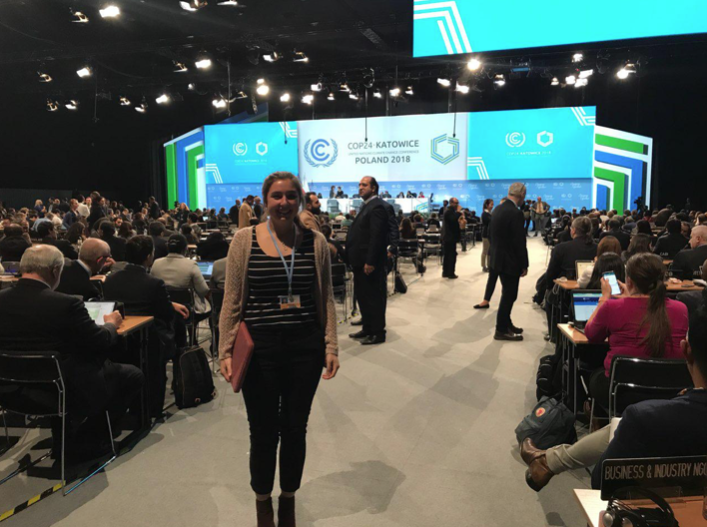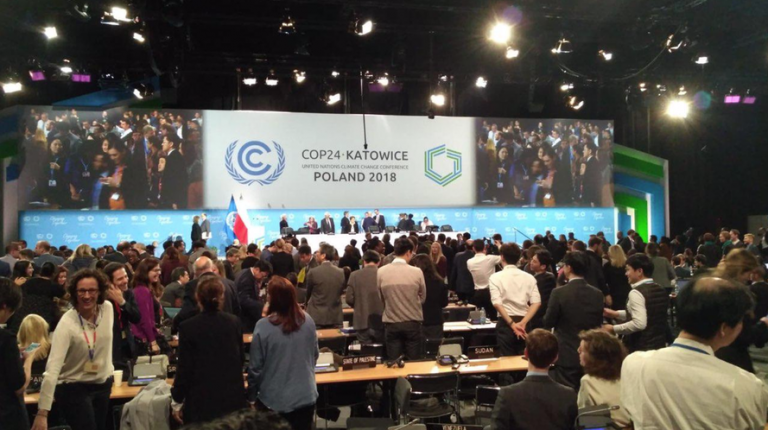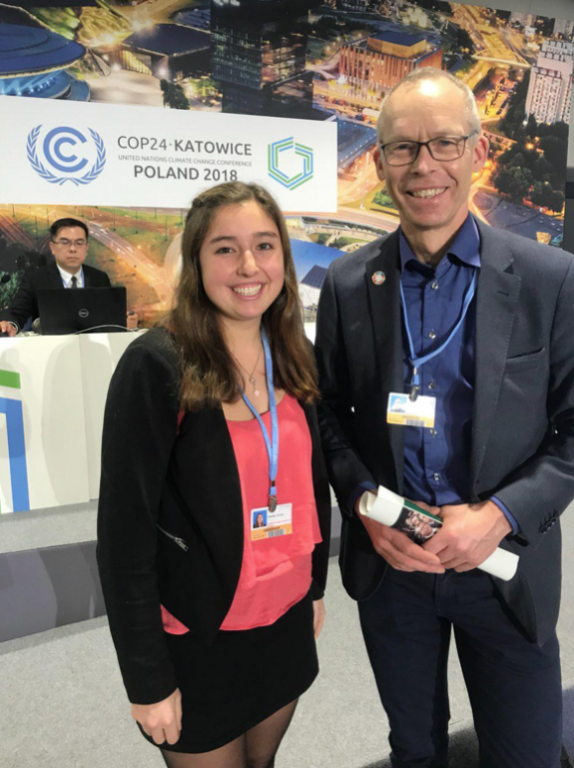Written by: Assem Abouhatab, Sofia Boqvist, Sara Gräslund, Ylva Hillbur and Rodomiro Ortiz
Swedish University of Agricultural Sciences (SLU)
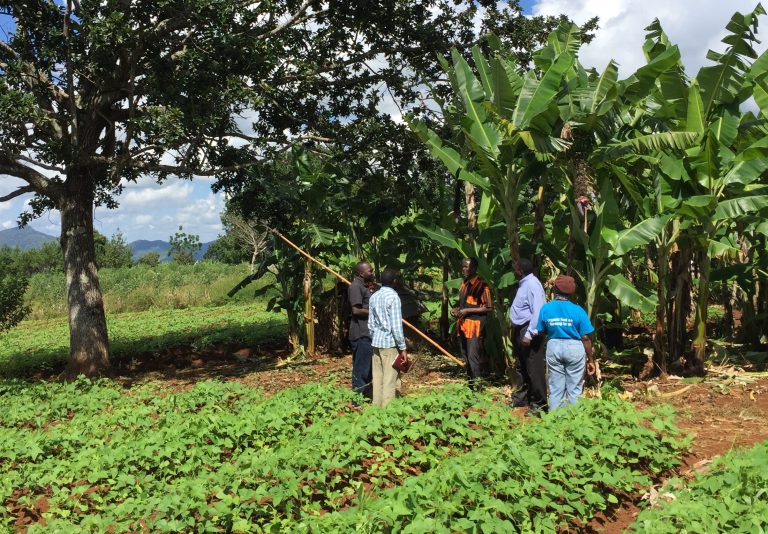
Photo: Rodomiro Ortiz, SLU
Reflections on Sweden’s Global Contribution to Agenda 2030
During a short time span, COVID-19 has spread rapidly across the globe, resulting in hundreds of thousands of deaths. The underlying causes of the pandemic are linked to the virus crossing the species barrier from animals (likely wildlife) to humans, with subsequent spread within the human population. While the links between livestock and human health are well established and increasingly acknowledged, there is great potential in developing the One Health approach further. In 2019, the UN biodiversity panel established that emerging infectious diseases in wildlife, domestic animals, plants or people can be exacerbated by human activities such as land clearing and habitat fragmentation.
The outbreak has so far hit Europe, East Asia and North America the most and there is fear that the infection will spread uncontrolled in Africa with severe consequences for poor peoples’ health and food security. The World Food Program recently alerted the UN Security Council that the pandemic could push another 130 million people into hunger this year. Poor people are particularly vulnerable for infections like COVID-19 as they often live in areas with poor sanitary conditions, have restricted access to health care and lack economic safety nets.
While the outbreak of COVID-19 has led to both a global health emergency and is unfolding a global economic crisis, it could also result in food insecurity, particularly when food supply chains are disrupted. Preliminary reports show that the pandemic has indeed disrupted global agricultural supply chains; slowed down global agricultural trade; and obstructed transportation, logistics and distribution channels as borders have been shut. In this regard, about 16 countries have issued food export restrictions or bans to ensure national stock and avoid food price inflation. The spread of the pandemic has further disrupted many activities along the agri-food supply chains and posed significant challenges to the food systems, especially in low-income countries where employment, livelihoods, food and nutritional outcomes, and many other essential services are derived from agriculture. As an example, the number of people at risk of food security may rise to 50 million in West Africa – a region in which 35% of the economy depends on agriculture.
The immediate threats posed by COVID-19 to agricultural supply chains include the disruption of rural labor markets, which may impede farming and food processing activities. Some food supply chains in low-income countries are facing challenges related to growers –particularly smallholders– accessing inputs for their farming, being in their fields for planting, cultivating and harvesting their crops or breeding and feeding their livestock, managing animal and plant health in their farming systems, and actively participating in the output markets to sell their produce. In addition, farm labor shortages may result from mobility restrictions, while urban food processing may be put on hold due to delays on getting raw materials. In terms of consumption, the closures of restaurants and reduced visits to grocery and food markets decrease demand for fresh food and livestock products, affecting producers and suppliers. Food demand in low income countries is closely linked to income, and the loss of income-earning opportunities could affect consumption. The International Food Policy Research Institute estimates that the pandemic may cause 140 million (of which 2/3 are from Africa and remaining 1/3 from South Asia) to fall into extreme poverty in 2020.
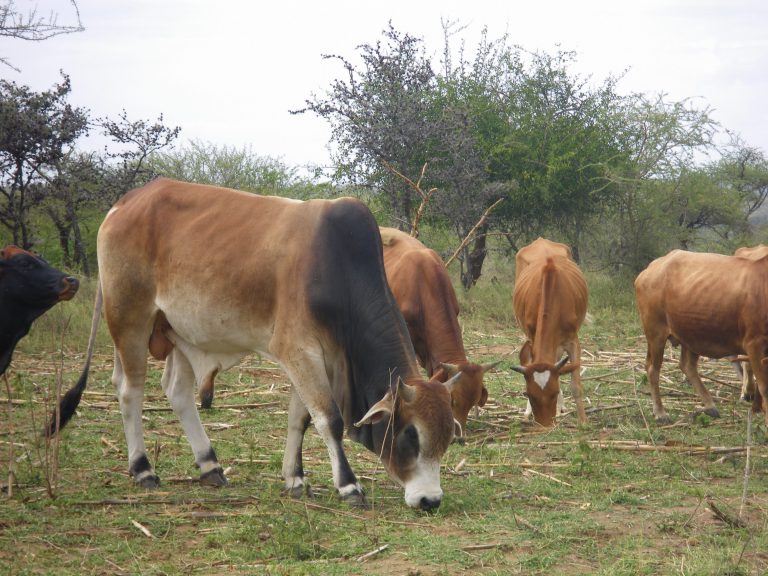
Food supply chains may be further troubled when considering that many nations depend on trading among each other staples, animal feed, fertilisers, machinery or pesticides. Hence, in order to guarantee affordable access to safe food for meeting the demand of their populations, it is crucial that international trade continues. Another global recession may further reduce the demand for rural output and labour. The announced economic stimulus packages by many nations should therefore provide means for stimulating the recovery of the rural economy in low-income countries to build an agriculture that should be increasingly resilient to shocks such as pandemics. In this way, they will also show their commitment to Zero Hunger and meeting the targets of Sustainable Development Goal 2, aiming to warrant that everyone everywhere is able to eat enough good-quality food to ensure a healthy life. Such an objective needs to improve sustainably the agricultural productivity and increase the profits of smallholder farmers by allowing them to fairly access land, technology and both input and output markets.
Sweden has a strong commitment to Agenda 2030 and to supporting low-income countries as demonstrated by its international development cooperation, government strategies and research agendas. In the current crisis, we must keep the momentum towards the Sustainable Development Goals and move into the post-pandemic era with an ambition to increase resilience of communities and sustainability of the food systems by:
- Reinforcing international partnerships. International collaboration focusing on exchange of knowledge and ideas and mutual capacity development is crucial for a sustainable development across the globe. International collaboration and national development go hand in hand.
- Increasing resilience and sustainability of the food systems. Climate change has profound impacts on the food systems. Increasing farmers’ resilience to climate change will reduce their vulnerability also to pandemics and other shocks. As described by the UN climate panel, there are great opportunities for response options that provide co-benefits for climate change mitigation and adaptation as well as food and nutrition security.
- Implementing One Health approach in practice. In order to fight health issues at the human-animal-environment interface a multidisciplinary and holistic approach is needed. Increasing collaboration between sectors is crucial, with integration of human health, animal health and conservation and sustainable use of ecosystems, to prevent future pandemics and other health threats.
- Enhancing the understanding of the effects of the pandemic on food security. Pandemics will happen again. So, we need to learn and adapt to be more resilient next time. It is important for all countries, including Sweden, to minimise the impacts of pandemics on domestic food chains and markets, e.g. the potential impact through disruptions to the global agricultural supply chains and agri-food trade.
International research cooperation will boost the productive and resilient capacity of low-income countries’ agriculture, particularly if embracing a holistic, transdisciplinary and enlarged One Health strategy; i.e., integrating human, animal, plant, soil and environmental health following an innovative approach for research in development under a changing climate. The outputs of such an approach will contribute to a fair remaking of the social contract that may emerge after the COVID-19 pandemic. To increase food and nutrition security for all, it is therefore crucial to keep the momentum towards Agenda 2030.
SLU contributes to Agenda 2030 through our mission to develop knowledge and capacity for sustainable management and use of the biological resources. To contribute to food security and Zero Hunger, we are for example currently partnering in Sida’s long-term bilateral research capacity programs through training of researchers in fields of relevance to food security in Bolivia, Cambodia, Ethiopia, Mozambique, Rwanda, Tanzania and Uganda. AgriFoSe2030 is another Sida financed program where SLU jointly with Stockholm Environment Institute, Lund University and the University of Gothenburg supports actors in Africa and Asia to develop capacities to translate food security science into policy for impact. SLU furthermore works with the African Union and the EU Commission to map and capture knowledge from past and ongoing initiatives for food and nutrition security in Africa in the Leap4FNSSA program to improve efforts in the future. Explore more of SLU’s global partnerships and programmes at www.slu.se/slu-global

